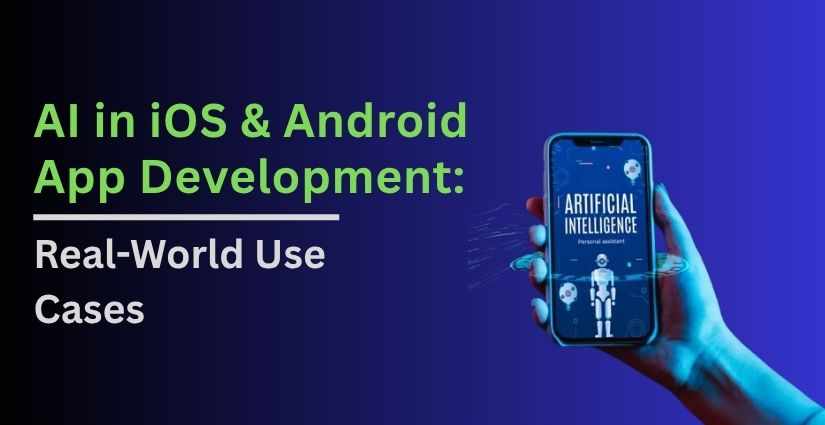
The fusion of Artificial Intelligence (AI) with mobile app development has dramatically transformed the way businesses and consumers interact with technology. From personalized user experiences to advanced automation and decision-making capabilities, AI is playing a pivotal role in shaping the future of both iOS and Android applications. As more organizations seek to enhance their digital presence, the demand for innovative solutions through AI is driving a shift in the mobile development landscape. In this article, we delve deep into the real-world use cases of AI in iOS and Android app development, its benefits, key industries it is revolutionizing, and what it means for businesses considering custom iOS app development services or Android app development services.
The Growing Role of AI in Mobile Applications
Artificial Intelligence has emerged as more than just a technological buzzword. It's a robust enabler that adds immense value to mobile apps. Today, AI is being embedded in applications across industries, thanks to the capabilities it offers in terms of personalization, automation, and intelligent decision-making.
Developers and businesses are increasingly recognizing the significance of integrating AI to create smarter apps that enhance user experience, improve efficiency, and drive engagement. Whether it is through natural language processing (NLP), machine learning (ML), computer vision, or predictive analytics, AI technologies are now at the core of modern app development.
Real-World Use Cases of AI in iOS & Android App Development
1. Personalized User Experiences
AI allows mobile apps to deliver customized content and experiences based on user behavior, preferences, and interactions. Streaming services, e-commerce apps, and social media platforms use AI algorithms to recommend content, products, or connections that are highly relevant to individual users. This increases user retention and satisfaction.
2. Predictive Analytics
One of the most powerful applications of AI in mobile apps is its ability to predict user behavior and trends. Apps use historical data to anticipate future actions, enabling businesses to proactively cater to user needs. This is particularly useful in retail, healthcare, and financial apps where personalized interventions can make a significant difference.
3. Voice Assistants and Conversational AI
Voice-enabled apps and chatbots have redefined customer engagement. Siri on iOS and Google Assistant on Android are prime examples of how AI facilitates seamless, hands-free interaction. Custom iOS app development services and Android app development services now commonly integrate AI-powered conversational interfaces to enhance user accessibility and satisfaction.
4. Image and Facial Recognition
Security apps and social platforms frequently use AI-based image and facial recognition. From unlocking devices to tagging friends in photos, this technology improves security and user convenience. In sectors like healthcare, facial recognition is even being used for patient identification and monitoring.
5. AI-Powered Camera Applications
AI is at the heart of smart camera functionalities in mobile apps. Features like scene recognition, object detection, real-time translation of text, and augmented reality (AR) filters are made possible through AI. These capabilities enrich user experiences, especially in travel, social media, and educational apps.
6. Fraud Detection and Security
Banking and financial applications rely on AI for monitoring transactions and detecting fraudulent activities. AI algorithms analyze patterns and anomalies in user behavior to trigger alerts and prevent security breaches. For businesses in this sector, partnering with an Artificial Intelligence development company is essential for developing secure and reliable apps.
7. Smart Search and Recommendation Engines
AI enhances the in-app search experience by making it smarter and more intuitive. Voice-based search, visual search, and predictive text improve accessibility and ease of use. E-commerce platforms leverage AI to recommend products that align with users' interests, improving conversion rates.
8. Healthcare and Fitness Applications
In health and fitness apps, AI is used for activity tracking, health monitoring, and virtual health consultations. Apps can analyze data from wearable devices to provide personalized health insights, encouraging users to maintain a healthier lifestyle.
9. Language Translation and Text Recognition
AI makes real-time language translation and text recognition possible within mobile apps. Travelers and students benefit from applications that can instantly translate signs, documents, or spoken words, making global communication more accessible than ever.
10. Autonomous and IoT-Connected Apps
AI enables mobile apps to function as intelligent controllers for IoT devices, including smart homes, vehicles, and industrial equipment. Through AI, apps can automate tasks, make real-time decisions, and even perform predictive maintenance, adding tremendous value across industries.
Industry-Wise Impact of AI in Mobile App Development
Retail and E-commerce
AI-driven personalization, chatbots, and recommendation engines are redefining customer experiences. From product discovery to post-purchase support, AI enhances every stage of the customer journey.
Healthcare
AI in healthcare apps supports diagnostics, treatment recommendations, and patient monitoring. Mobile apps now offer virtual consultations and AI-based symptom checkers, reducing the burden on healthcare professionals.
Finance and Banking
AI improves fraud detection, customer service, and personalized financial advice in mobile apps. Users can receive real-time financial insights and alerts that enhance money management.
Education
AI enables personalized learning paths, smart tutoring, and interactive content delivery in educational apps. It adapts to student progress, making learning more effective and engaging.
Transportation and Logistics
From route optimization to fleet management, AI enhances operational efficiency in logistics apps. Ride-sharing apps also use AI for dynamic pricing, ETA predictions, and user matching.
Benefits of Integrating AI in Mobile App Development
Enhanced User Experience: AI tailors app experiences based on individual user preferences, leading to increased engagement.
Operational Efficiency: Automation of repetitive tasks saves time and reduces human error.
Data-Driven Insights: AI analyzes massive volumes of data to extract actionable insights.
Cost Reduction: Predictive maintenance and intelligent automation help reduce development and operational costs.
Scalability: AI-powered apps can scale effortlessly by learning and adapting over time.
Challenges in AI App Development
Despite its advantages, integrating AI into mobile apps does come with challenges:
Data Privacy Concerns: AI systems require access to large amounts of personal data, raising concerns about data protection and user privacy.
High AI App Development Cost: Developing AI-powered applications involves specialized skills, robust data infrastructure, and longer development cycles, which can increase costs.
Integration Complexity: Seamlessly integrating AI modules into existing applications can be technically challenging and resource-intensive.
Partnering with an Artificial Intelligence Development Company
Choosing the right development partner is critical to successfully building AI-powered mobile apps. A reputable Artificial Intelligence development company brings domain expertise, robust technical knowledge, and proven methodologies to the table. These companies can offer end-to-end solutions tailored to specific business needs, from strategy and design to development and deployment.
If you're looking for custom iOS app development services or Android app development services, partnering with a development company that specializes in AI ensures your app is future-ready and competitive in the evolving tech landscape.
Final Thoughts
The integration of AI in iOS and Android app development is more than a trend; it's a technological evolution that's redefining how mobile applications are conceptualized, developed, and utilized. With AI at their core, apps are becoming more intelligent, personalized, and capable of delivering real value to users and businesses alike.
As AI continues to mature, businesses must strategically invest in its capabilities. Whether you're a startup or an enterprise, now is the time to explore AI-driven solutions and collaborate with an Artificial Intelligence development company to bring your vision to life.
Understanding the real-world applications and challenges of AI in mobile development can guide better decision-making and help in estimating the AI app development cost. Whether it’s through personalized experiences, smart automation, or advanced analytics, AI is set to remain a cornerstone of innovative app development for years to come.

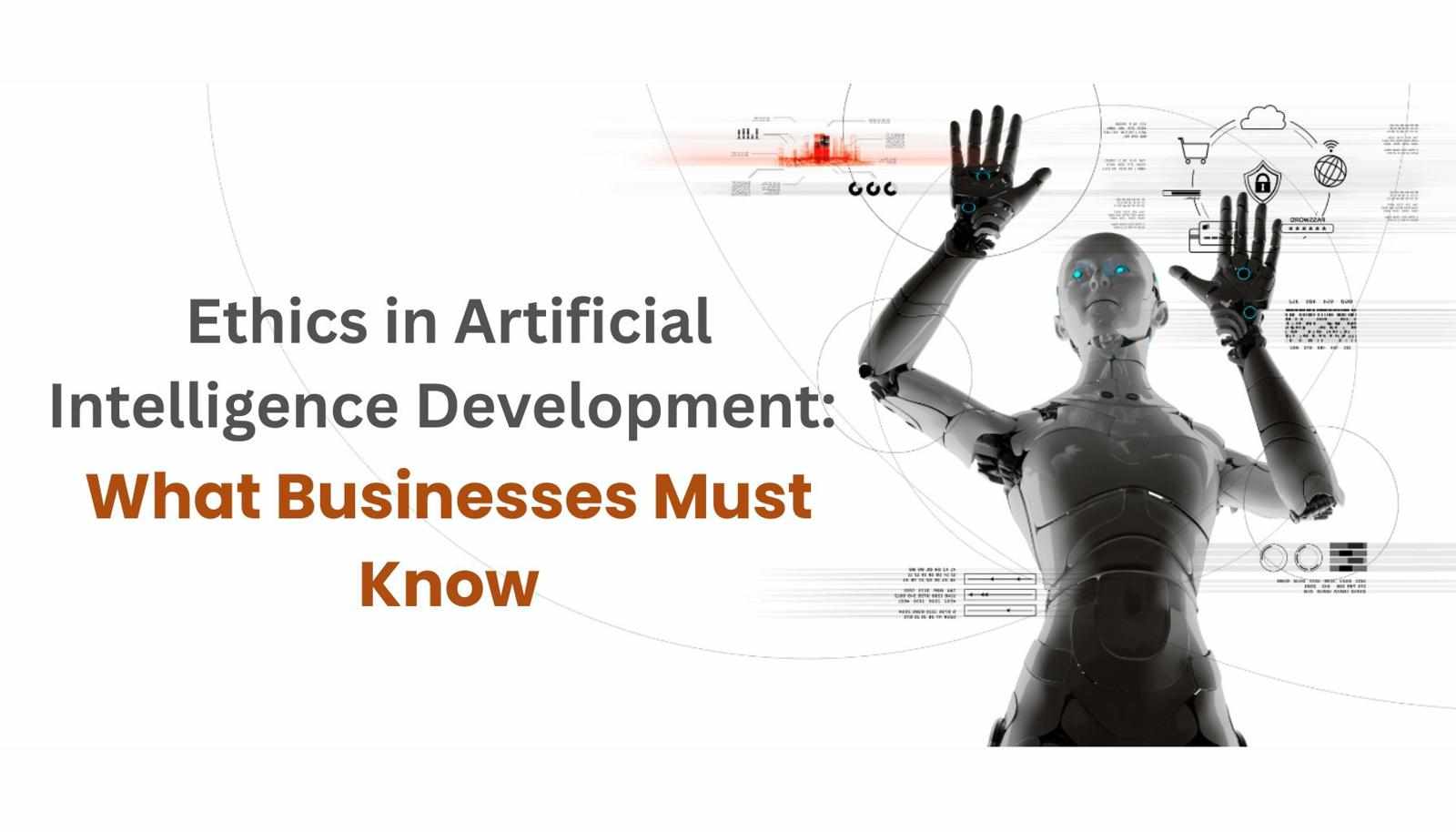
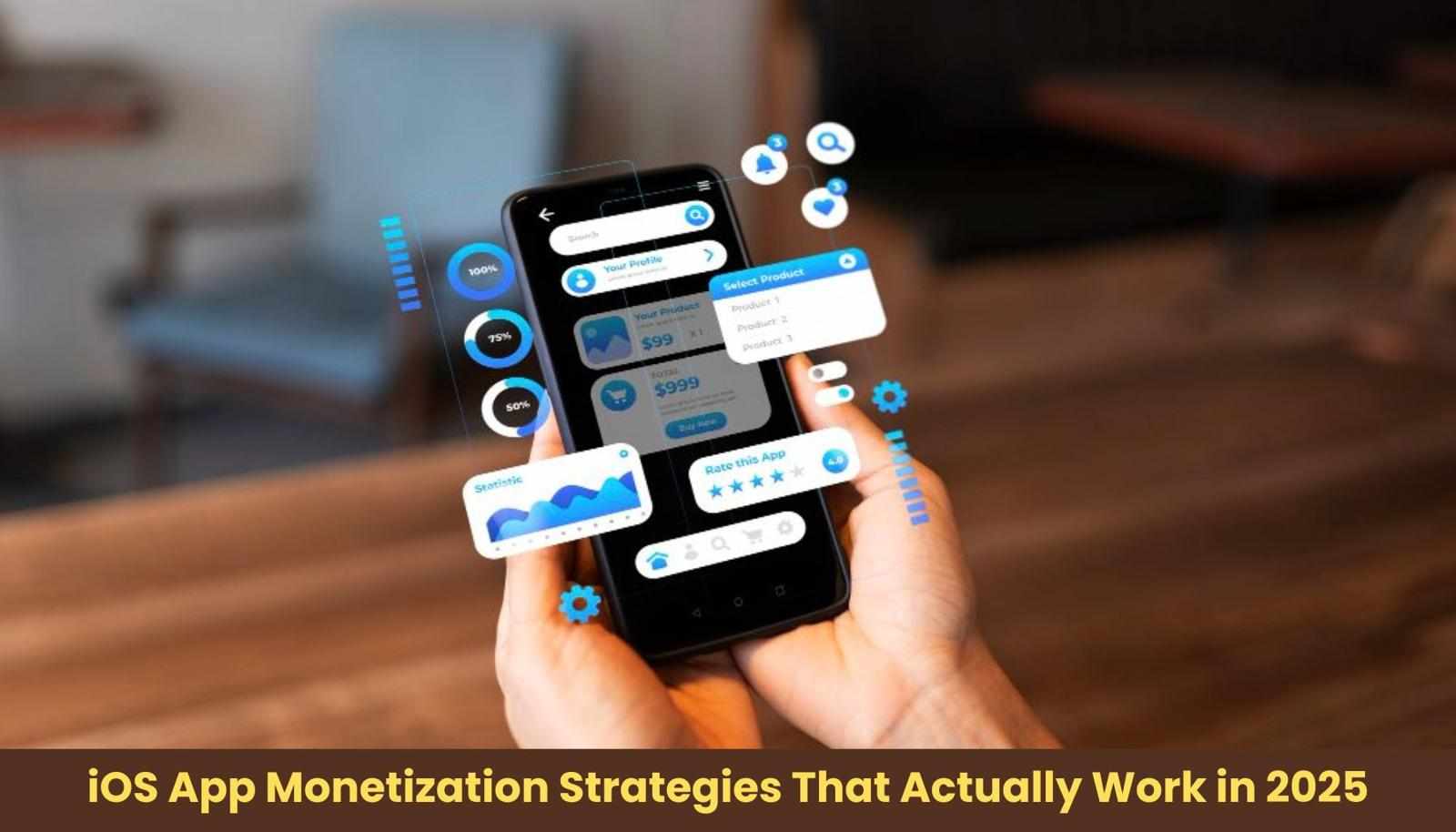
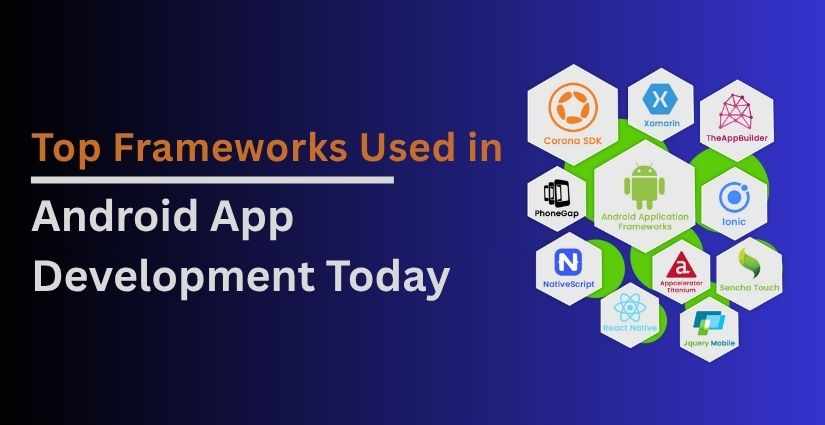
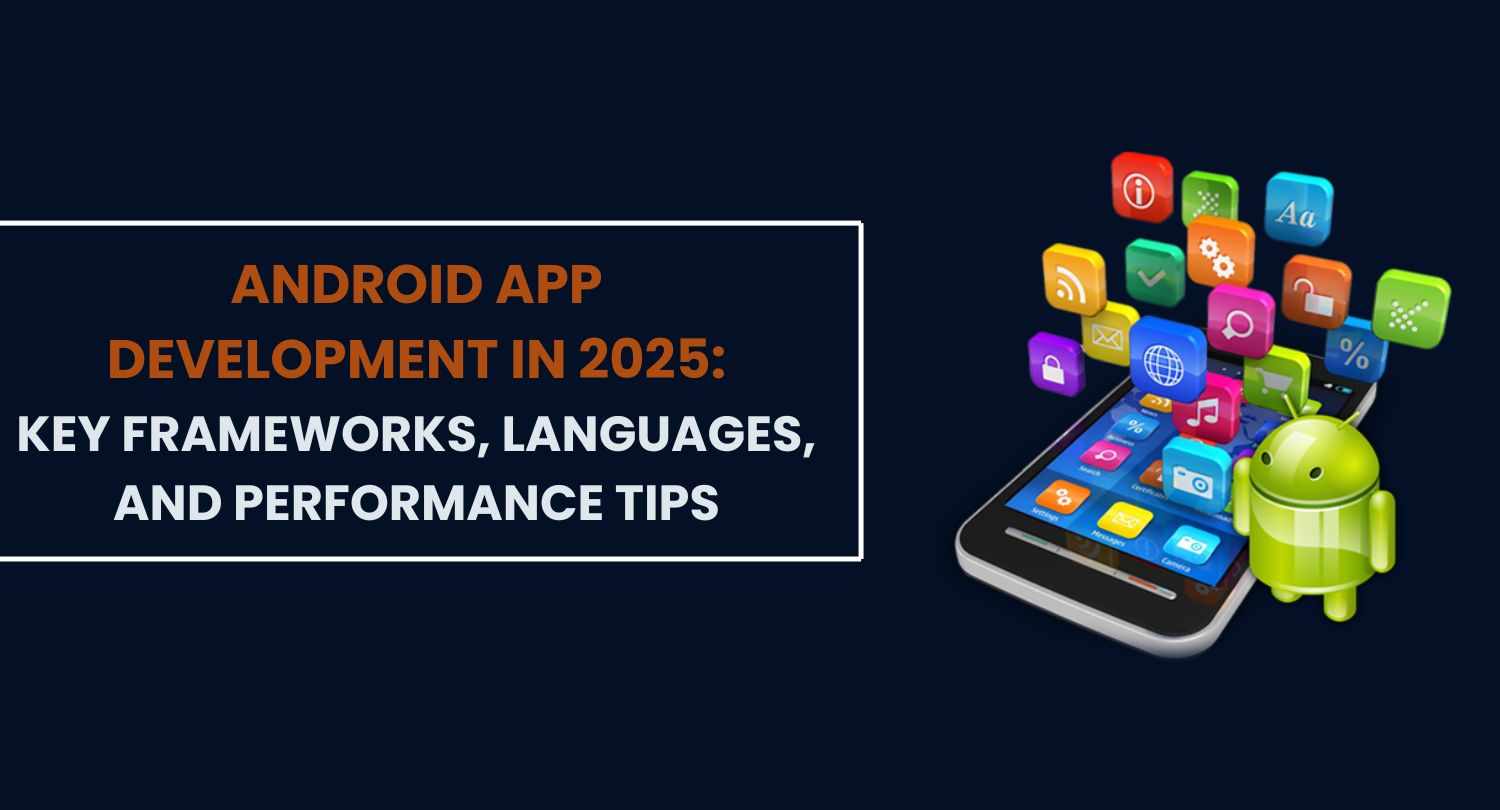
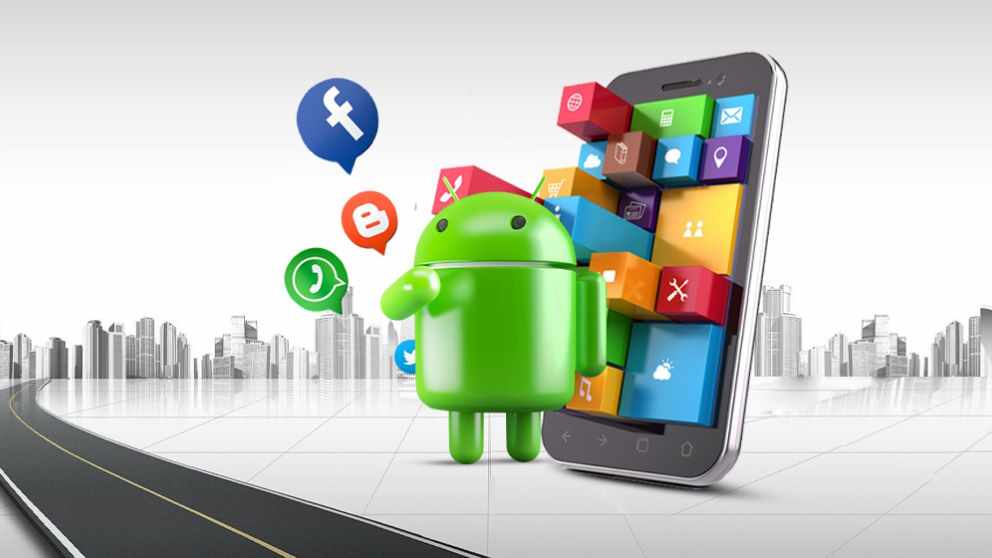
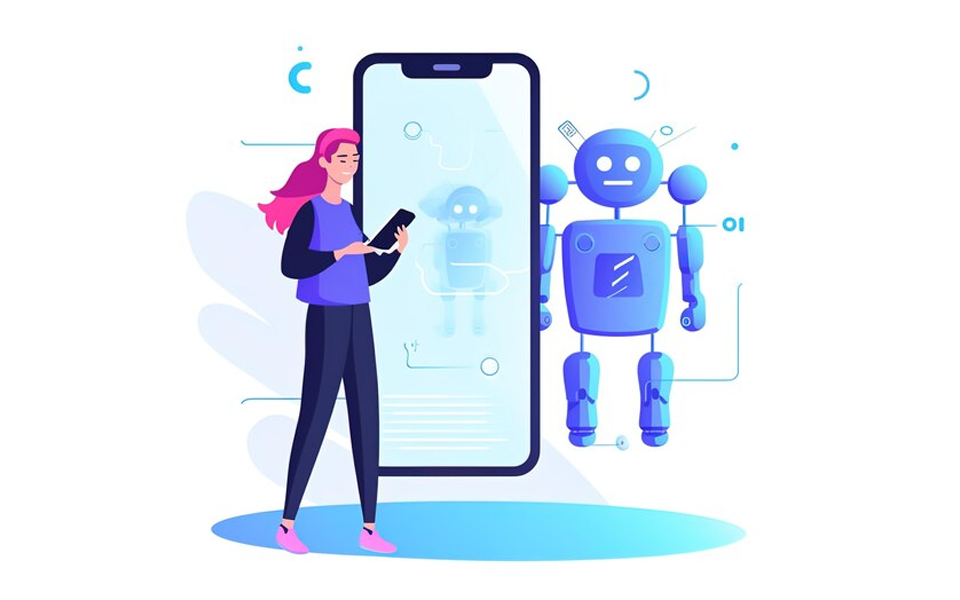


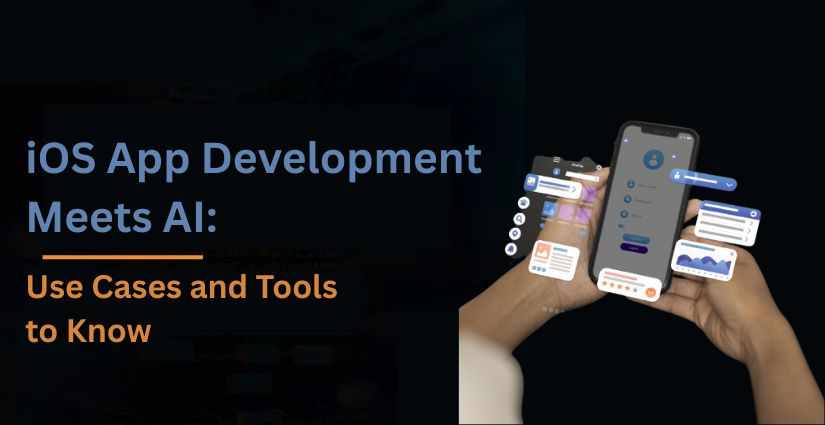

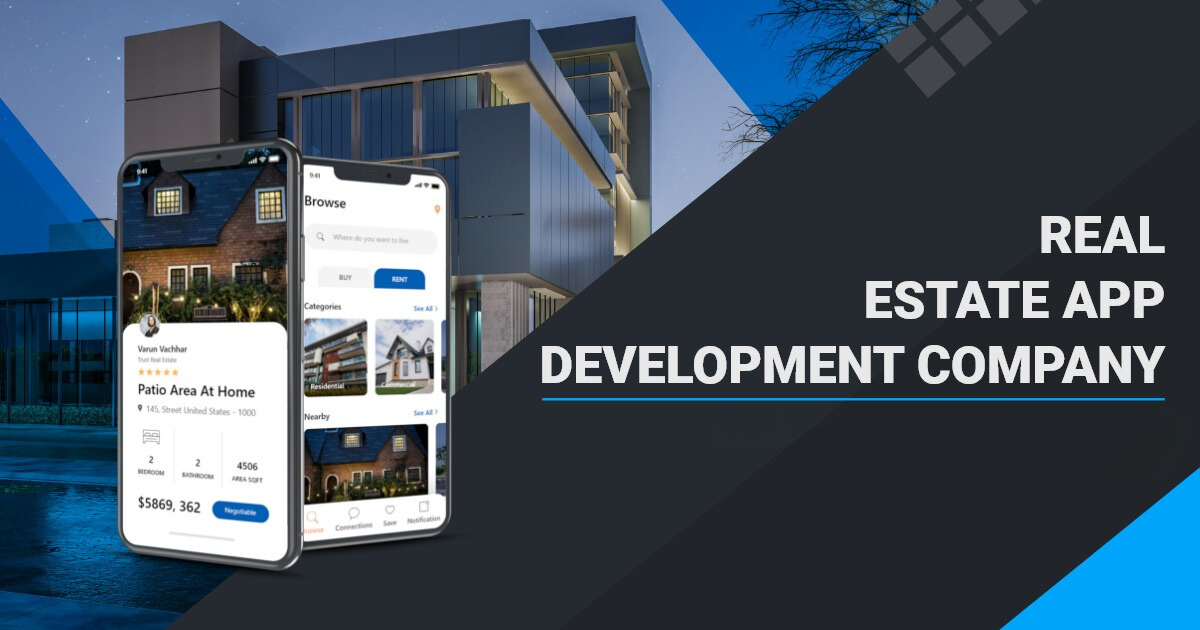
Write a comment ...